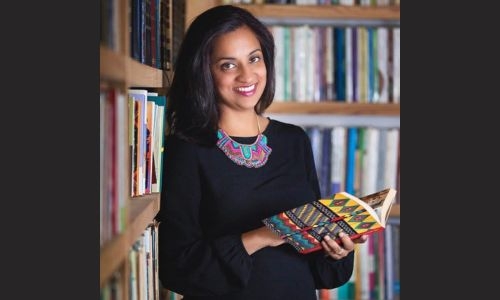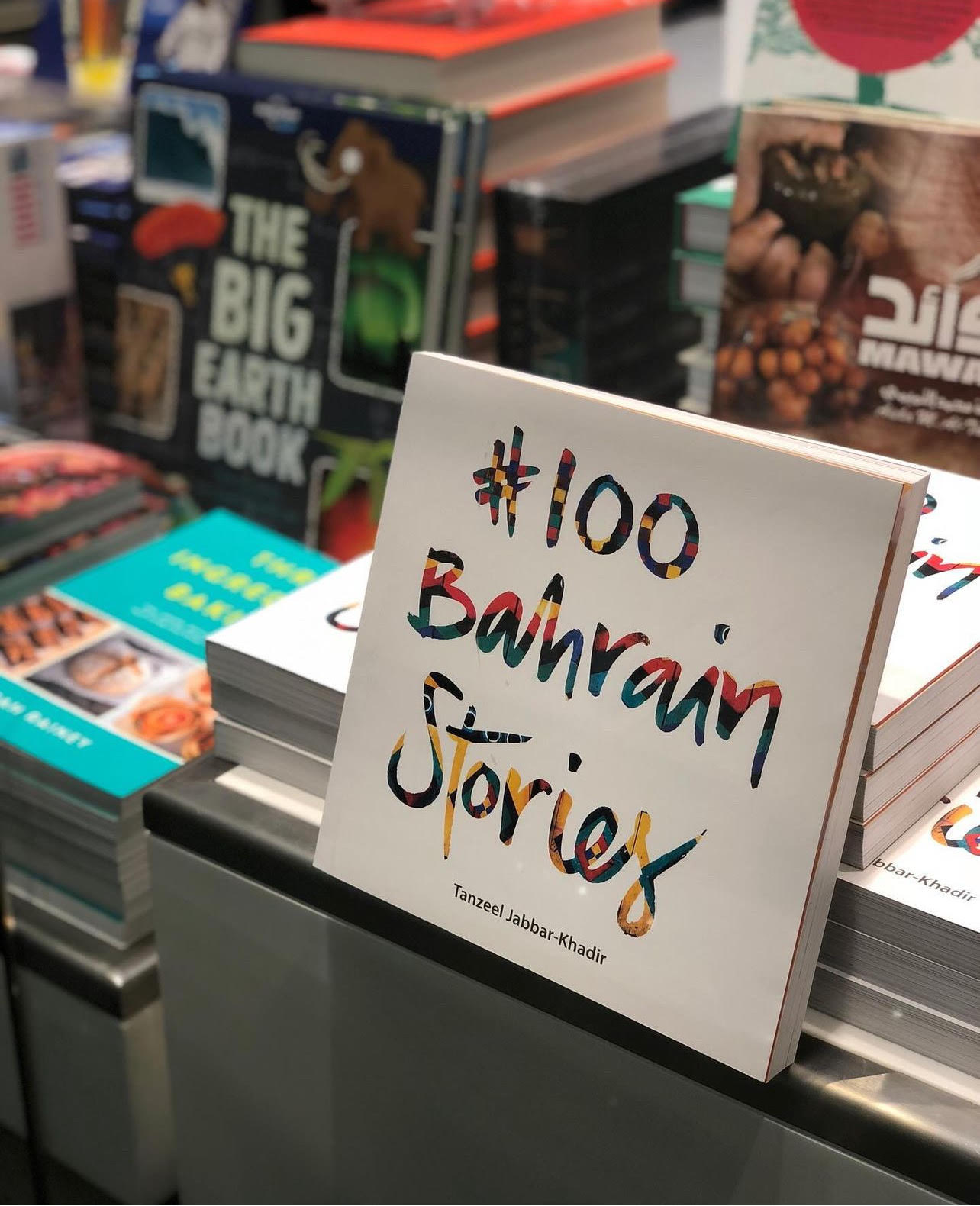A Lawyer-Turned-Writer Breaks Preconceptions About Bahrain, One Story at a Time
TDT | Manama
The Daily Tribune – www.newsofbahrain.com
Following the success of her debut book, “100 Bahrain Stories, “Australian writer Tanzeel Jabbar-Khadir has re-released the book with expanded author notes and high-quality printed portraits, now gracing the shelves of major bookstores.
This collection narrates the stories of Bahraini citizens and expatriates, capturing their varied desires, aspirations, and lived experiences. Tanzeel offers readers intimate insights into the lives of Bahrain’s vibrant and multicultural population.
Academically trained as a lawyer with a passion for writing, she recognises the power of a well-crafted narrative to challenge preconceptions and illuminate the universal threads that bind us all.
We were afforded the opportunity to explore the journey of the chronicler herself, uncovering the personal experiences that culminated in this deeply moving and thought-provoking book.
In an interview at her home with The Daily Tribune, Tanzeel shared her initial inspiration: “When I moved from Australia to Bahrain in 2008, I began to notice how different the people here are from many preconceived ideas about Bahrain and the Gulf.
I decided to turn stereotypes on their heads. I felt inspired by the notion that writing is a way to break the ice and get closer to people as they begin to speak more openly.”
“Born in Australia, and growing up to Pakistani parents as a minority in Australia heightened my sense of identity from a young age. This experience was further enriched by reading the works of scholars like Edward Said.
Later, when I came to Bahrain, I developed a dual perspective.” “On one hand, I felt a cultural affinity with the Islamic art and rituals in Bahrain. I was often not treated like an outsider, which gave me a sense of belonging.
On the other hand, my position as an observer allowed me to see Bahrain’s cultural landscape more vividly.”
“This dual vision - of being both an insider and an outsider - gave me a nuanced understanding of the cultural dynamics in Bahrain. I could appreciate the traditions and practices, while also maintaining an objective distance that enabled me to perceive the landscape more clearly.”
“I found Bahrainis to be welcoming and kind in their treatment of expatriates, forming a lively and dynamic society,” she said on her experience living in Bahrain.
Tanzeel believes that “each individual in society has a multi-faceted identity, which crystallises in such a varied and dynamic way, creating a rich character.
This couldn’t be more evident than it is in Bahrain.” “During my interviews, I found that every individual is an extension of a larger community, and the feeling and reflection on identity are more evident in immigrants,” she added.
“This becomes clear when reading the book, especially in the stories of elderly Bahrainis who experienced forms of cultural diversity. You get bits of history about friendship between religions and communities, between churches, synagogues, and mosques in Bahrain, which reflects the high level of tolerance among Bahrainis for decades and more.”
“One of the bittersweet moments that stood out for me during my documentation work was when I met an elderly English woman who spent her young years in Bahrain and shared a capsule of her memories the day before her departure,” Tanzeel stated. “My daughter, who was a toddler when we moved to Bahrain, is now seventeen years old.
I am fascinated by her growing sense of identity as she comes of age in a third culture. The experience of her upbringing, blending her home culture with the culture of Bahrain, has shaped her in profound ways.”
She added The profits from the sale of the first release of the book were donated to local charitable organisations, allowing Tanzeel and her team to “Give back to the community in a meaningful way.”
In her concluding remarks, Tanzeel emphasises the book’s message of unity and understanding in a world increasingly divided: “One thing I want the readers of my book to take home, especially in recent years, where people have become entrenched and polarised, is that, in the end, we are similar more than we are different, even if our cultures and values differ.
We all carry deepest dreams, hidden sorrows, and quests for meaning.” In this wondrous collection, Tanzeel has rendered a clear portrayal of the lives of Bahrain’s citizens and expatriates.
Her work rises above mere documentation, weaving a rich narrative of shared humanity and common aspirations that echo profoundly, capturing the essence of our collective journey in an ever-evolving world.
Related Posts


